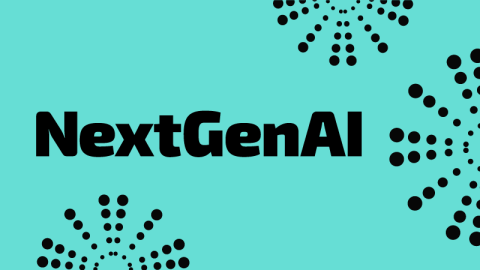Join us in London on 26 November to explore the current AI challenges, opportunities, and the future of AI in financial services.
AI giants like OpenAI, Google, and Anthropic are grappling with limitations in their methods for developing advanced artificial intelligence, according to recent reports from Bloomberg and Reuters. These companies are encountering delays and setbacks in their quest to outperform existing models like Chat GPT-4.
The challenges stem partly from soaring training costs for large language models (LLMs), as well as issues related to hardware failures and power shortages that arise from the complexity of AI systems and their energy demands. Additionally, organizations are facing a new hurdle: many AI models have already utilized all readily available and accessible data.
To address these difficulties, researchers are investigating innovative ideas like ‘test-time compute,’ which aims to enhance AI capabilities during the inference phase. This approach allows existing models to spend more time and processing power on complex requests, resulting in more powerful outcomes.
Noam Brown, a researcher at OpenAI, illustrated the concept at a TED AI event, noting that giving a bot just 20 seconds to think during a poker hand could yield performance improvements comparable to scaling up the model significantly and training it for much longer.
As AI continues to evolve, many organizations will encounter challenges and delays in realizing the full potential of this technology in financial services. Tackling these obstacles and optimizing deployment strategies are key themes for discussion at Finextra’s inaugural NextGen: AI event on 26 November.
Discover our agenda and register today to join us in reimagining AI in financial services.
